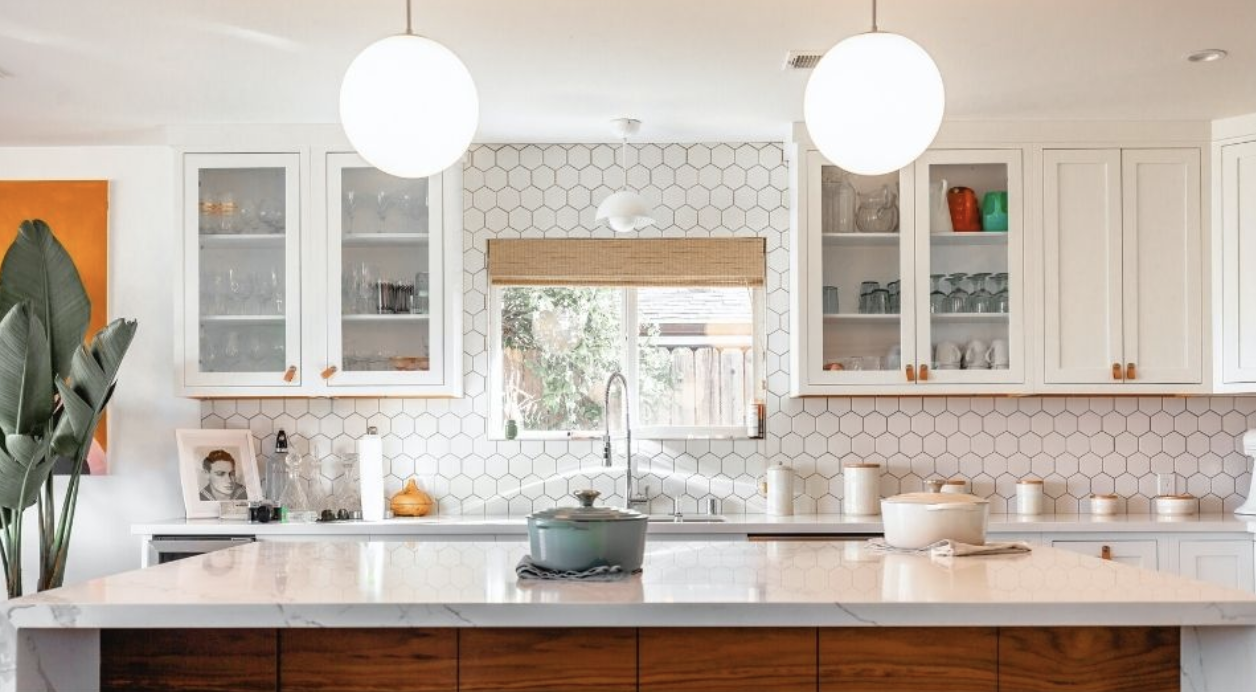Unusual but Important Considerations When Choosing the Right Neighborhood
/Most people know that choosing the right neighborhood is one of the most important aspects of a great lifestyle. When buying a new home, this becomes even more important. While everyone knows that property values, safety, schools, and commute ranks high in importance, there are some considerations that are not commonly thought about in advance yet make a huge impact on satisfaction.
· Vibrant Community and Social Scene – While some people are looking for a quiet life in the country, for those craving more action, consider this when choosing a neighborhood. Look for farmer’s markets, art galleries, festivals, bars and clubs, community events; ways to create a sense of belonging and involvement. ·
Pet-Friendly Environment – For pet owners, finding a welcoming community for their furry friends is important. Look for places with lots of green space, dog parks, and pet-friendly establishments.
· Unique Architectural or Historic Value – There are many cities with historical districts and heritage sites. Buying a home in these areas can be a distinctly inspiring experience. One caveat, before buying, it’s important to make sure to understand the rules and restrictions; often there are ordinances which prevent changing the exterior of the home.
· Natural Surroundings – For nature enthusiasts, living near green spaces and outdoor recreational opportunities can be important. In addition to community parks, trails, or lakes, these buyers should consider proximity to national parks, BLM land, or public waterways.
· Sustainable and Eco-Friendly Communities – If environmental sustainability is important, then look for communities with eco-friendly policies and amenities. Watch for communal gardens, bike lanes, and renewable energy initiatives.
Choosing the right neighborhood is about more than just property values and school systems. By looking beyond the traditional aspects and considering the unique things that enhance lifestyle, buyers can make sure that the community, as well as the home, suits their needs.






